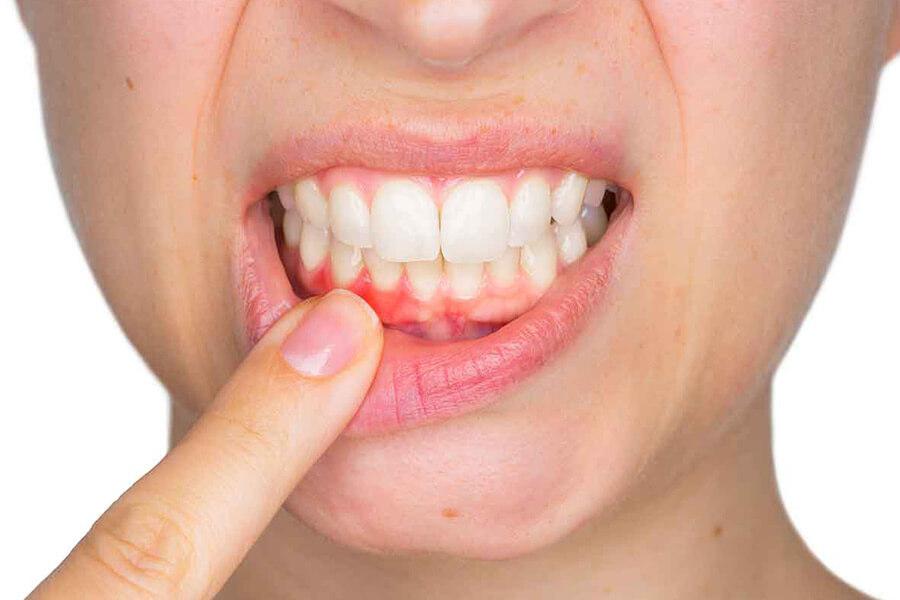Periodontology is the scientific branch of dentistry that examines relations of the teeth with surrounding tissues, jawbone, gum, cheeks and tongue and health and treatments of these tissues.
Do the gums get sick?
The gum is a living tissue that provides the tooth to hold on in the mouth and protects its connection with the jawbone. Due to accumulation of plaque between the border of gum and tooth, the gum begins to get sick. Tartar buildup increases, the gum begins to turn red and bleed, swells and inflames. The inflamed gum gradually loses its vitality, cannot hold on to the tooth and begins to recede. Following gingival recession, thinning begins in the jawbone holding the tooth and at the end, the teeth start to fall out just like the milk teeth.
How is tartar formed?
What we call tartar is the dental calculus. The acidic environment increases with the food residues in the border of gum and tooth. This environment is suitable for the bacteria and leads to plaque accumulation. In the absence of regular and sufficient brushing with the right technique, plaque accumulation will intensify. As the plaque accumulation increases, it crystallizes with the effect of saliva and bacteria and tartar is formed. Speed of tartar formation varies from person to person and from tooth to tooth.
How do we do gingival care?
The most important gum care is regular and sufficient brushing with the right technique. In addition, you should visit your dentist twice a year, i.e. once every 6 months for cleaning the stains, tartar and plaque that you cannot remove by brushing. You should observe brushing, mouthwash and oral care recommendations of your dentist.
What happens if the tartar is not removed? Does tartar removal harm the teeth?
The tartar should be removed once in every 6 months because accumulation of tartar leads to gingival recession and jawbone thinning. This results in teeth losses. Tartar cleaning is definitely not a harmful process. It is a treatment to be administered twice a year. After tartar cleaning, there could be sensitivity for one or two weeks. It may cause minimal and harmless enamel wear but this is so minor that it can be ignored. If tartar is not cleaned, discoloration of the teeth will increase, the gum will start to bleed and such bleeding will increase gradually so much that you will see blood smeared to your pillow, when you wake up in the morning. In time, inflammation and pain or bone thinning without pain that would lead to teeth losses will begin. Therefore cleaning of dental calculus (tartar) must be done once in every 6 months.
Bad breath?
Actually, there could be many reasons of bad breath. Although oral and dental hygiene is one of the biggest reasons, some stomach disorders, diabetes and certain vitamin deficiencies may also cause it. Excessive food accumulation due to the decays, tartar and gingival recession lead to bad breath. To prevent bad breath, regular dentist controls must be done. The treatments deemed necessary must be applied and the oral environment must be brought to a hygienic condition. In addition, brushing, mouthwash and floss usage should become a habit and not neglected. Yet, if you still have bad breath complaints, you should consult to your doctor for necessary blood tests and examinations.
Could a gum disease and bone thinning be genetic?
If there is a story of losing almost all of the teeth suddenly despite regular brushing and oral care in your family, you should consult to your dentist. You may have a genetic gum disease. This situation should be determined, prevented and treated.
How should I brush my teeth?
Brush hair perpendicular to the teeth, sweep the entire surface of the teeth with slow but rhythmic round movements from the gums towards the oral cavity. Chewing surfaces and rear surface of the teeth should not be neglected and all surfaces of the teeth must be brushed. Brushing should last around 3 min. Toothbrush must be replaced every 3 months
